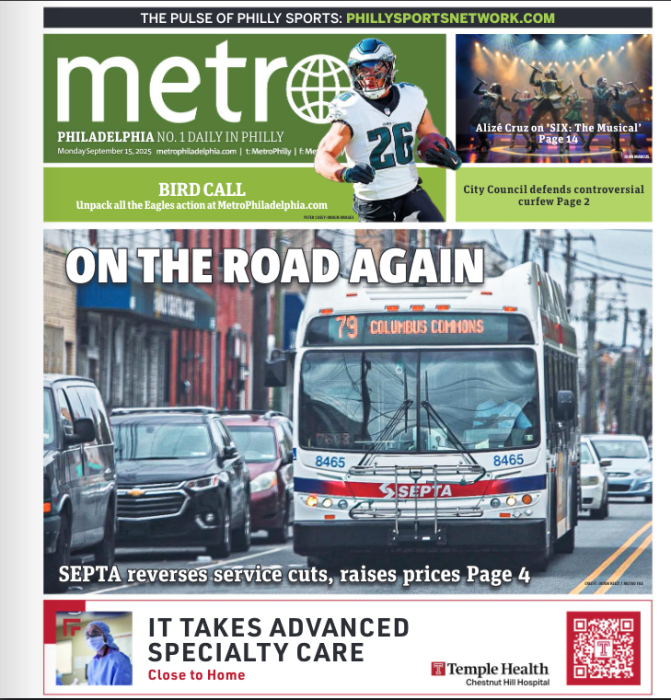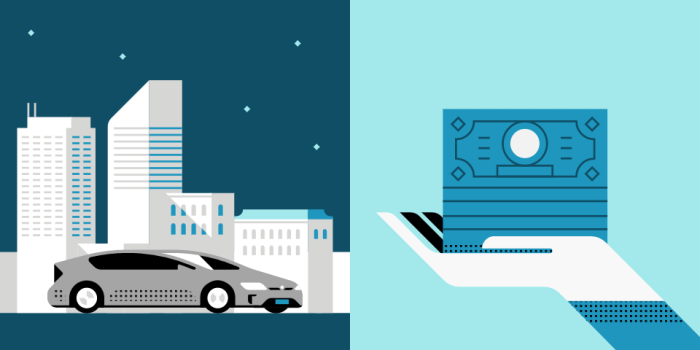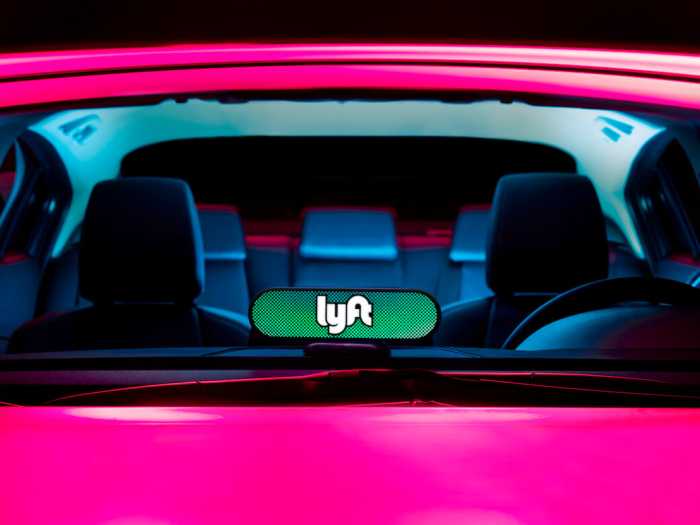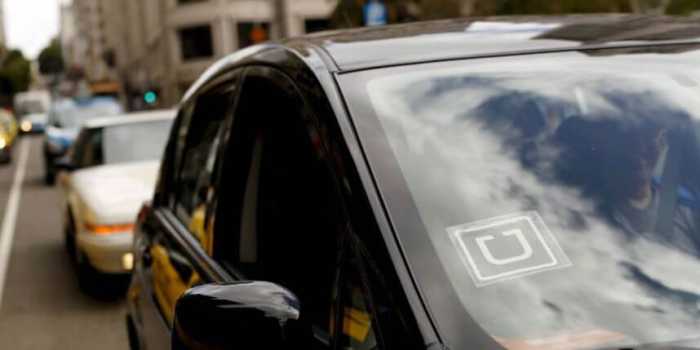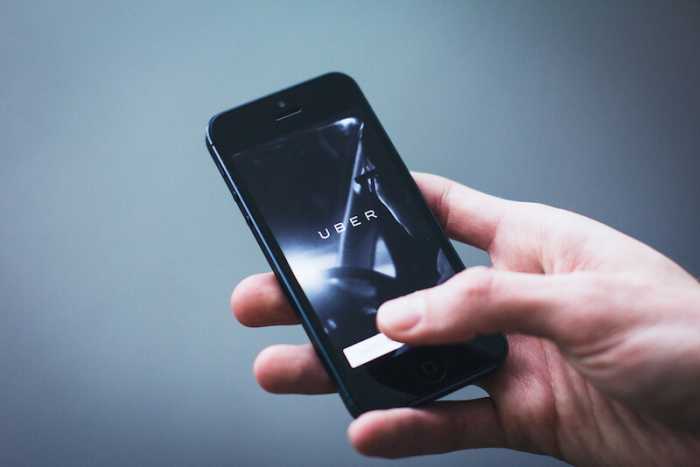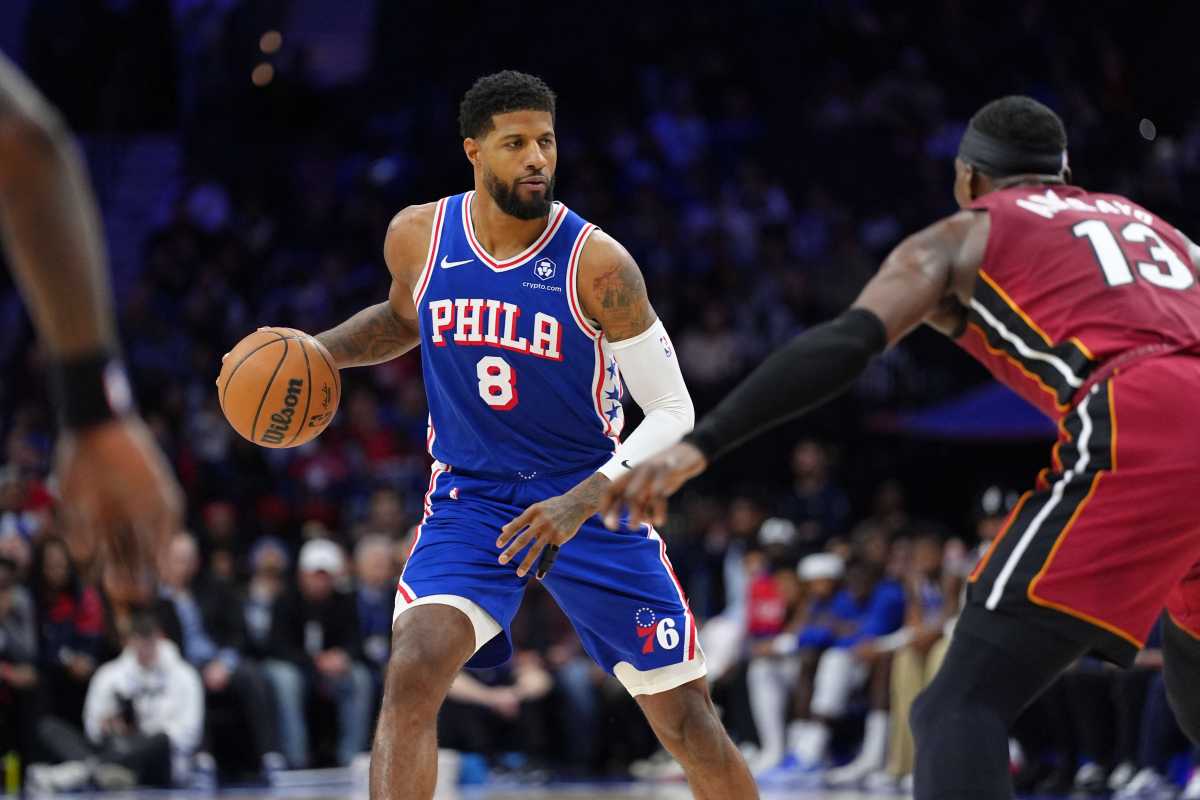Weeks after a group of PhillyUberBlack drivers joined forces with local cabbies to protest the damage they say UberX is causing to their business, localUberBlack drivers followed up byfilinga class action lawsuit against Uber. RELATED:PHOTOS: Protest against UberX in Philly snarls traffic
Drivers Ali Razak, Kenan Sabani and Khaldoun Cherdoudargue in court papers that Uber lured them into working as UberBlack drivers with promises of earnings of $90,000 — but their income plummeted after UberX launched without regulatory approval in October 2014, according toa copy of the lawsuit, which wasposted online by PhillyVoice. “As a direct and proximate result of UberX’s illegal operation in Philadelphia, UberBLACK drivers … have been damaged,” the suit, which was filed on Wednesday, states. “Uber has told UberBLACK drivers to become UberX drivers, even though UberXis illegal and UberBLACK drivers have invested thousands of dollars in operating costs.” There are now 10,000 UberX drivers, the suit states.The lawsuitalso argues that Uber is now promoting UberX over UberBlack — for example, by making UberX the “default selection” on the Uber app. RELATED:Uber Black and taxicabs set to join forces Wednesday against UberX UberBlack , the more high-end version of Uber , launched in Philly in June 2012. In UberX , which is cheaper, drivers use their own cars. UberBlack drivers are also registered with the Philadelphia Parking Authority, which does not recognize UberX , aslicensed limousine drivers. That application process costs $12,000, the suit states. The drivers also object to being classified as “independent contractors.”
That classification, they argue, allows Uber to avoid treating them like employees and meet requirements such as that they earn the state minimum wage, the court documents state.
Uber spokeswoman Jessica Santillodid not comment directly on the lawsuit but said in an emailed statement, “Nearly 90 percent of drivers say the main reason they use Uber is because they love being their own boss. Drivers are independent contractors who use Uber on their own terms; they control their use of the app. As employees, drivers would lose the personal flexibility they value most — they would have set shifts, earn a fixed hourly wage, and be unable to use other ridesharing apps.” A December survey showed Ubernow has about 400,000 drivers nationwide.
UberBlack drivers sue Uber over declining earnings
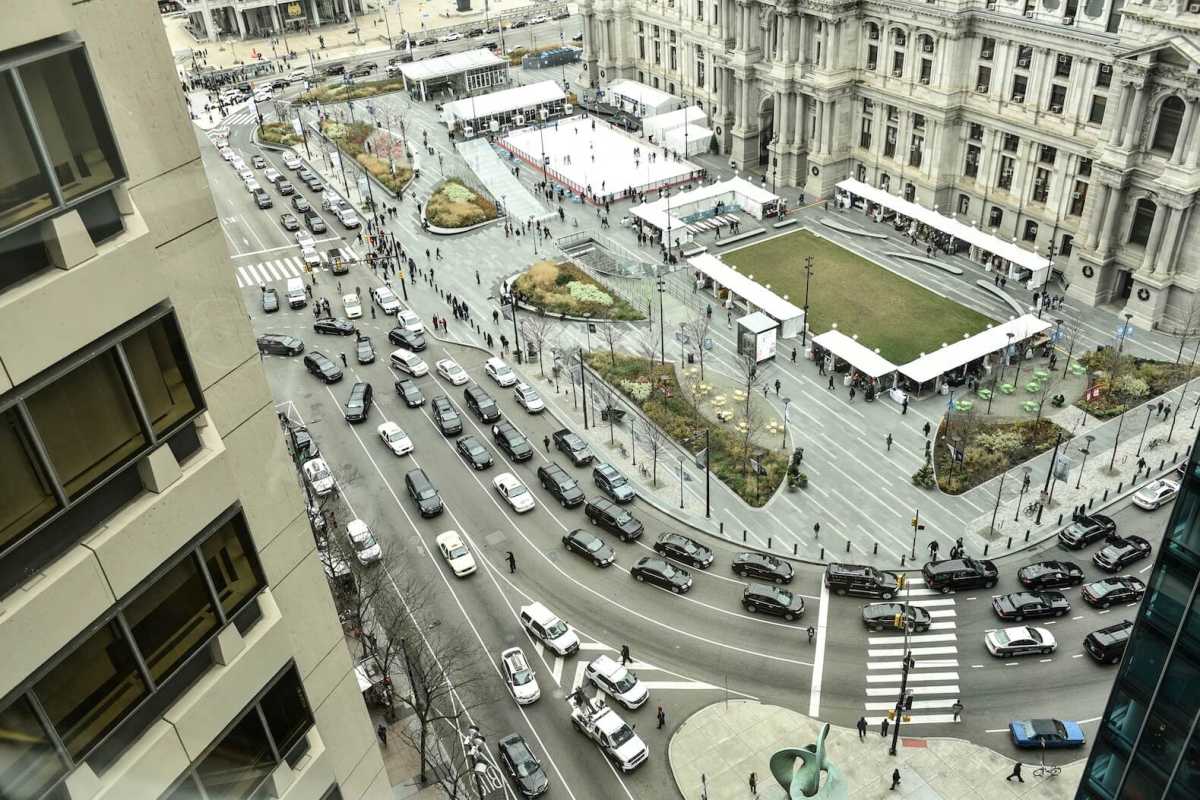
Charles Mostoller
